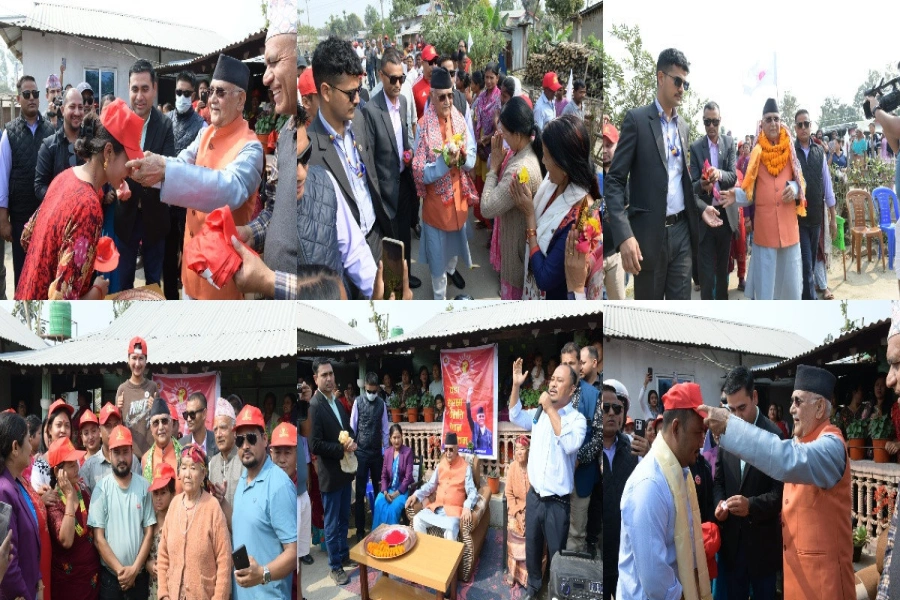Human rights activist Sushil Pyakurel has rejected the government’s recommendation to appoint him as Nepal’s ambassador to South Korea. This act has not only exposed the political manipulation in ambassadorial appointments but also created a situation where those involved in such practices will feel ashamed. By rejecting the recommendation process, Pyakurel has conveyed a message of integrity and his protest against corruption in the country. Key state positions, including those of ambassadors, have not only been bought and sold, but individuals have also been appointed arbitrarily, disregarding their competence. Some top leaders of the ruling parties have been distributing state positions by mutual agreement. Against this backdrop, eight people were recommended as ambassadors on Friday, following the government's decision to recall the ambassadors appointed by the Nepali Congress and CPN (Maoist Center) coalition government.
Pyakurel addressed Prime Minister Pushpa Kamal Dahal in a letter on Sunday, thanking the government for the trust shown in him. He requested the withdrawal of his recommendation for the post of ambassador to South Korea. In a press release issued after sending the letter, he noted that before recommending him, he was not contacted, consulted, or informed by the Ministry of Foreign Affairs or the Cabinet Secretariat. "I am surprised by the government's practice of not pre-discussing the background, efficiency, interests, diplomacy, and knowledge of the political, economic, and social status of the respective country before assigning the position of ambassador," he said. "I see the need for a serious discussion on the standards set by the government in the past and the justification of parliamentary hearings and the tenure of the ambassador."
Ambassador appointment process halted after UML withdraws suppo...

Although the government has established standards for the appointment of ambassadors, these have not been strictly followed. Individuals selected by top leaders of major parties for their convenience are considered 'lucky' to be appointed as ambassadors, with some appointments even supervised. In recent years, ambassadorial appointments have been based more on party affiliation than individual merit. People are often appointed as ambassadors due to their connections with certain leaders, sometimes even as a form of debt repayment. Little concern is shown for the contributions these appointees can make for the country while serving as an envoy abroad. Personal closeness or relations to a particular party leader is often the main reason for appointment. While not all recommended appointees are unqualified, questions about the justification of these appointments naturally arise. As stated by Pyakurel, he was recommended for the post of ambassador without consultation. This situation naturally raises questions about the appointment process.
Active in the field of human rights, Pyakurel has been a campaigner and has advanced many issues during conflicts. Accepting this appointment could have led to accusations of corruption and attempts to link his appointment with conflict issues. By rejecting the appointment process, Pyakurel has sent a message that future appointments should involve consultation with the concerned individual. Furthermore, appointing individuals without regard for their expertise and experience is inappropriate. To institutionalize democracy, a merit-based appointment procedure is required. Therefore, it is essential to take Pyakurel's concerns seriously. If this happens, it will be easier to make quality decisions. It has been revealed that the previous ambassador was recalled without informing Foreign Minister Narayankaji Shrestha. This shows that the top leaders of the ruling coalition dominate the foreign minister even during the appointment process of ambassadors. This situation is certainly not a positive development and requires immediate correction.






































